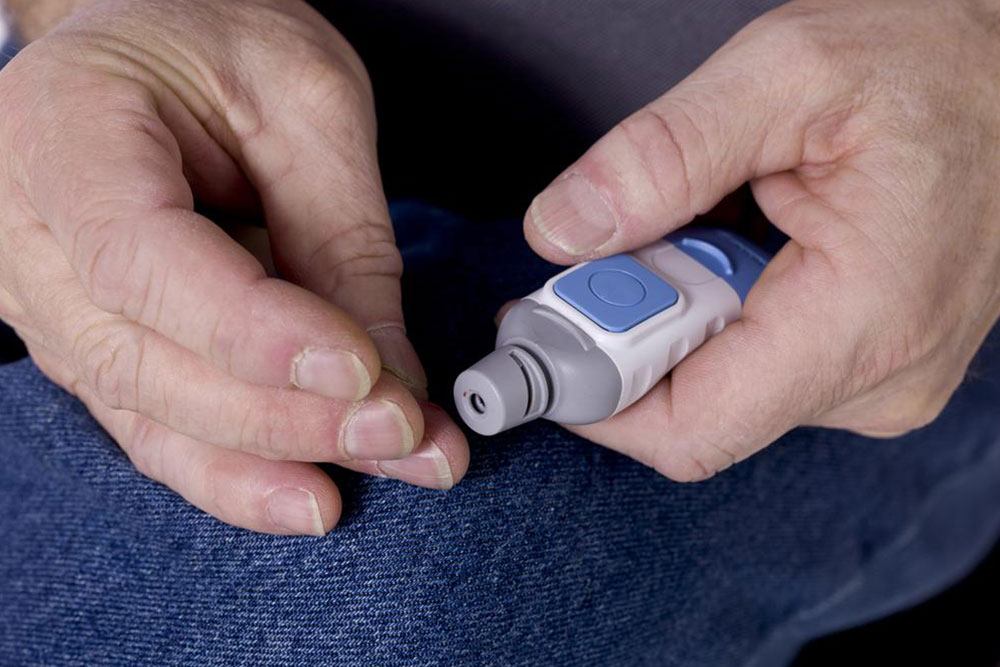Effective Lifestyle Strategies for Managing Elevated Blood Sugar Levels
Discover effective lifestyle changes to control high blood sugar naturally. Learn about managing carbohydrate intake, staying active, reducing stress, maintaining good sleep habits, and regular monitoring to keep blood glucose levels in check and prevent complications efficiently.
Effective Lifestyle Strategies for Managing Elevated Blood Sugar Levels
Maintaining blood sugar within a healthy range is vital for overall health. Fluctuations can lead to complications, especially for individuals with diabetes, where the body's ability to control glucose is impaired. The good news is that by adopting certain healthy habits, high blood sugar can be managed naturally. Here are key lifestyle modifications to help regulate blood glucose effectively.
Control Carbohydrate Consumption
Carbohydrates are essential nutrients but can impact blood sugar levels significantly, especially when they come from sugary or starchy foods. Foods such as fruits, rice, potatoes, pasta, and dairy products contain carbs that may spike blood glucose, particularly in diabetics. Avoiding or reducing intake of sugary snacks like candies, sodas, and desserts can aid in stabilizing sugar levels. A balanced meal plan emphasizing non-starchy vegetables, fruits, lean proteins, and whole grains — with careful evening carbohydrate management — is recommended for better control.

Engage in Regular Physical Activity
Exercise helps your body efficiently utilize blood sugar by increasing energy demands. Activities like walking, climbing stairs, or playing sports can lower glucose levels by stimulating muscle uptake and usage of sugar reserves. Even simple daily moves contribute to better blood sugar management, enhanced fitness, and overall health. Regular movement also benefits other health issues, such as low blood pressure, making physical activity a key component of a lifestyle aimed at glucose regulation.
Manage Stress Effectively
Stress triggers the release of hormones that can raise blood sugar and blood pressure. Instead of turning to comfort foods, try relaxing activities such as listening to music, walking, or brief exercise sessions. Consistently practicing relaxation techniques can mitigate stress-related spikes in blood sugar and promote overall well-being.
Adopt Healthy Sleep Patterns
Quality sleep between six to eight hours supports stable blood glucose levels. Sleep deprivation may cause hormonal imbalances, inflammation, and increased oxidative stress, all of which can elevate blood sugar. Developing a consistent sleep routine, avoiding caffeine and screens before bed, and creating a comfortable sleep environment are essential steps to improve sleep quality and metabolic health. Proper rest helps prevent nighttime drops or spikes in glucose levels.
Monitor Blood Sugar Regularly
Regular blood sugar testing is crucial, especially for those with prediabetes or high risk factors. Using tools like continuous glucose monitors can offer detailed insights into fluctuations over time and alert users to abnormal readings. Routine checkups, including fasting blood tests, help detect irregularities early, enabling timely lifestyle adjustments and treatment if necessary. These measures are vital for maintaining optimum blood glucose control and preventing complications.










